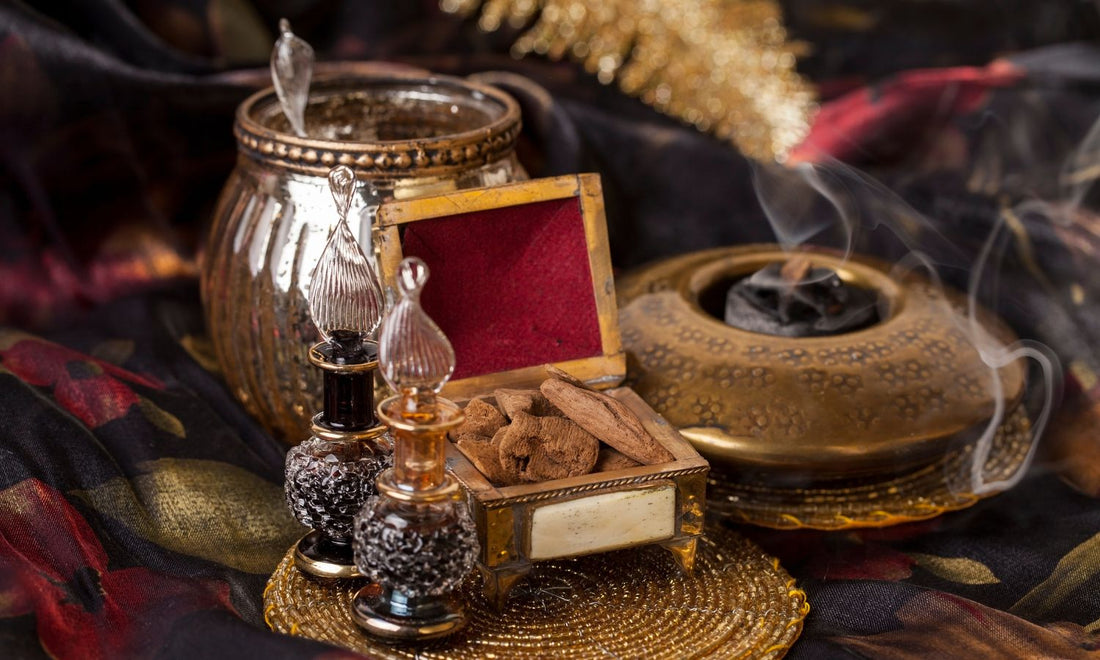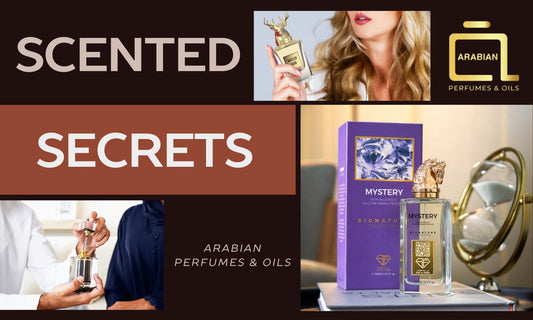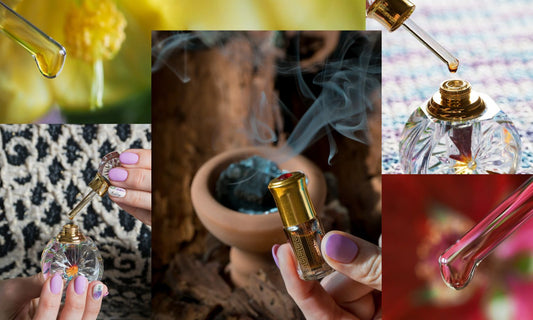
Beyond Oud: Discover the Rich History of Arabian Perfumery
The Essence of Arabian Perfumery
Arabian perfumery is not just about creating scents but also about preserving a heritage that dates back to ancient civilizations. Perfume in the Arab world is more than a fragrance—it's an integral part of the social fabric, used not only for personal scenting but also in homes and sacred spaces.
Ingredients That Tell a Tale
1. Rose:
In Taif, a city in Saudi Arabia, the Damask rose blooms with such opulence that its scent is woven into the history of Arabian royalty. The extraction process, delicate and labor-intensive, results in an essential oil that is both intoxicating and immensely prized.
2. Frankincense:
Sourced from the Boswellia tree, frankincense has been traded across Arabia for over 5,000 years. It is revered not just for its woody, earthy aroma but also for its role in ceremonial practices across different cultures.
3. Myrrh:
Often paired with frankincense, myrrh's resinous sap forms an integral part of traditional medicine and perfumery. Its rich, balsamic scent encapsulates the arid landscapes of the Arabian Peninsula.
4. Saffron:
Known as 'red gold', saffron is highly valued in perfumery for its unique, slightly grassy fragrance. This luxurious spice lends a sophisticated warmth to fragrances, making them opulently welcoming.
Modern Interpretations and Innovations
In recent years, contemporary perfumers have begun exploring the fusion of traditional Arabian scents with modern elements, creating fragrances that appeal to a global palette. This blend of old and new ensures the longevity of Arabian perfumery, introducing its treasures to a wider audience.
The Cultural Significance of Fragrance in Arabia
In Arab culture, the use of perfume is deeply entwined with the practice of hospitality. Guests are often greeted with rose water sprinkling and oud burning, a tradition that signifies respect and a warm welcome. Fragrances are also used to enhance spirituality during prayers, creating an atmosphere of devotion and peace.
Conclusion
The rich history of Arabian perfumery offers a fascinating glimpse into the art of fragrance making that transcends mere olfaction. It is a testament to a cultural legacy that cherishes the deep, aromatic scents as a way to purify, adorn, and evoke the divine.


